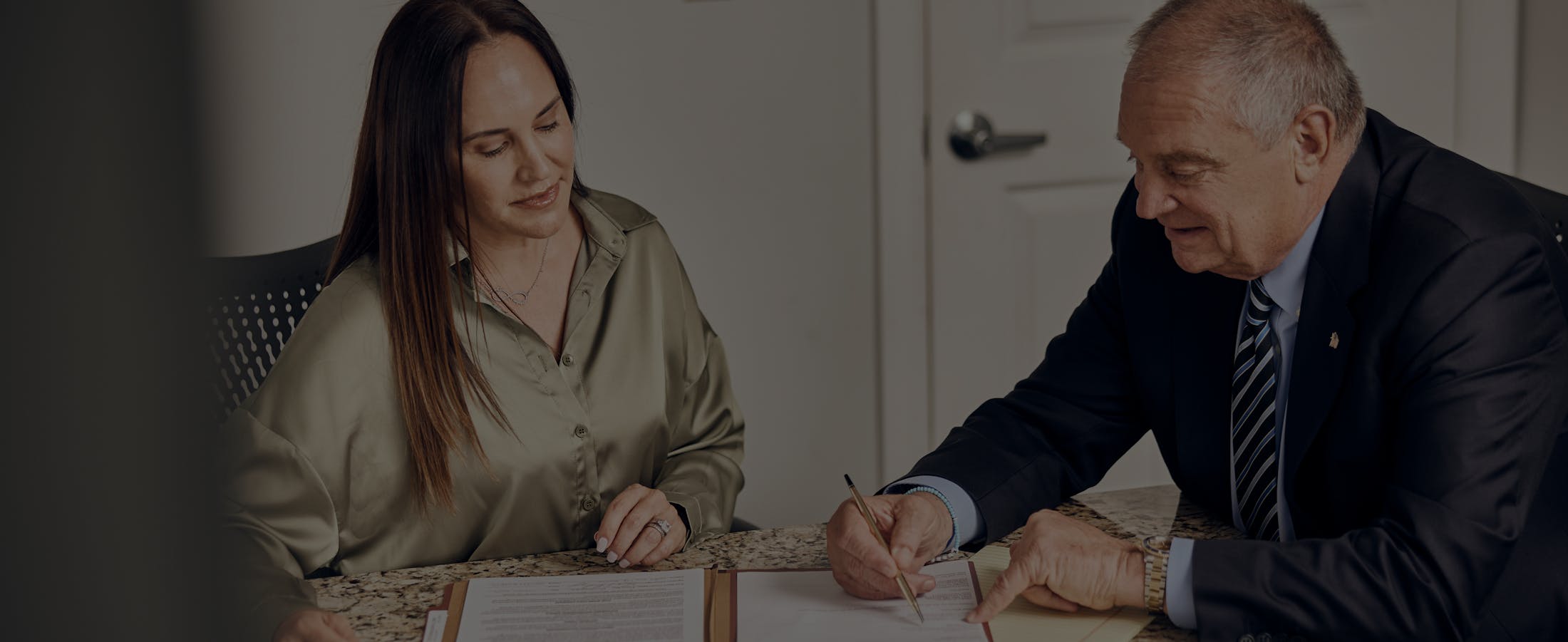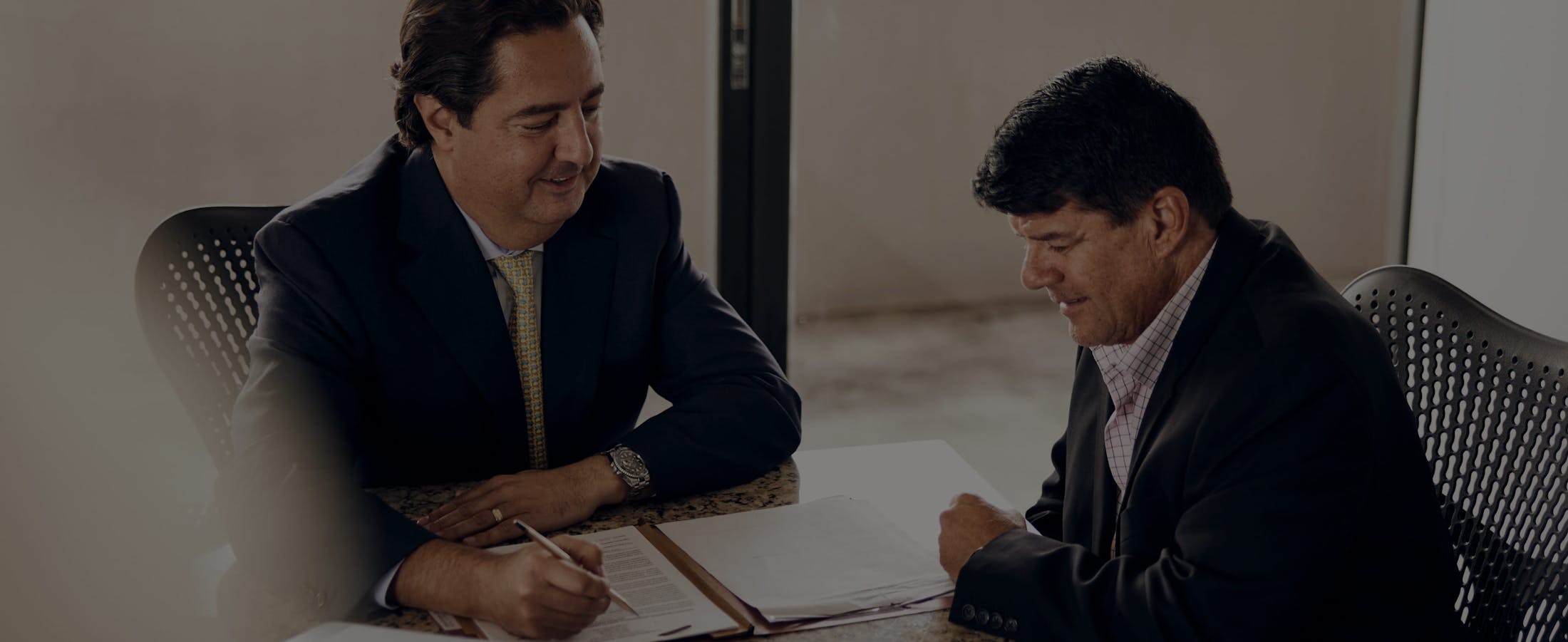Miami domestic violence statistics
Miami–Dade County continues to face a significant domestic violence challenge:
- In 2022, the county recorded a rate of approximately 274.6 domestic violence incidents per 100,000 residents, up from 254.2 in 2021, a 9.7% increase, according to the 2023 Status of Women Report.
- Women make up the overwhelming majority of victims—72–73% of those affected—consistent over recent years.
- Nearly 3.3 million children nationwide witness domestic violence each year, many of them in Florida, exposing them to greater risks of abuse.
- Intimate partner violence accounts for 15% of all violent crime in the county.
These sobering statistics underscore the urgent need for legal advocacy, community resources, and systemic responses to protect survivors and their families in Miami–Dade.
What are some situations that may result in domestic violence?
Domestic violence charges can arise from a wide range of situations—some involving serious harm, others stemming from misunderstandings, false accusations, or heated arguments. In Florida, even minor incidents can lead to arrest, especially if law enforcement believes someone is in danger. Knowing how these situations unfold is key to protecting your rights.
Common scenarios that may lead to domestic violence charges include:
- Heated verbal arguments that escalate in front of others
- Physical altercations between spouses, partners, or family members
- Allegations made during a breakup, separation, or divorce
- Disputes over child custody or visitation
- One partner calling the police out of fear or retaliation
- Injuries resulting from mutual or accidental contact
- Alleged threats made via text, phone, or social media








